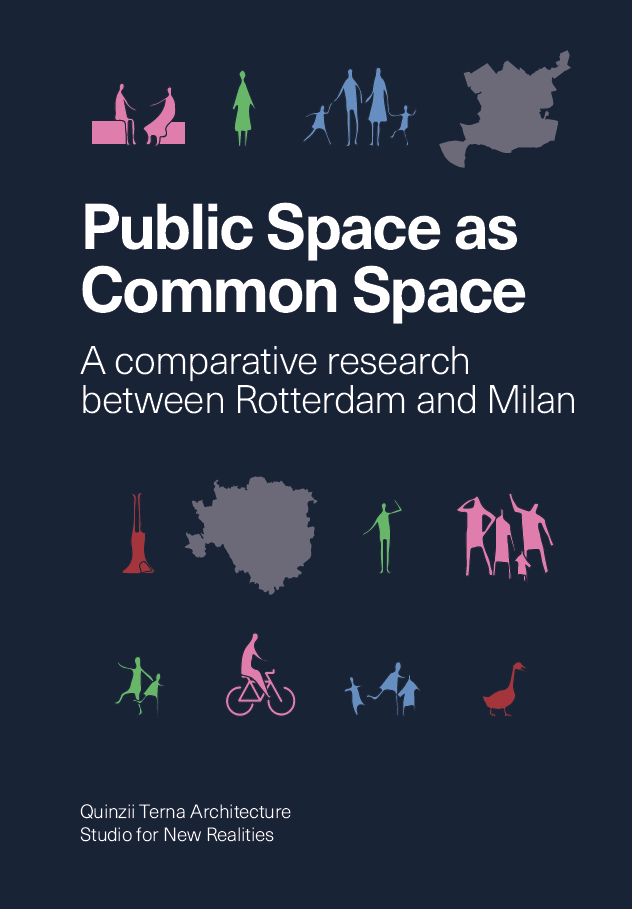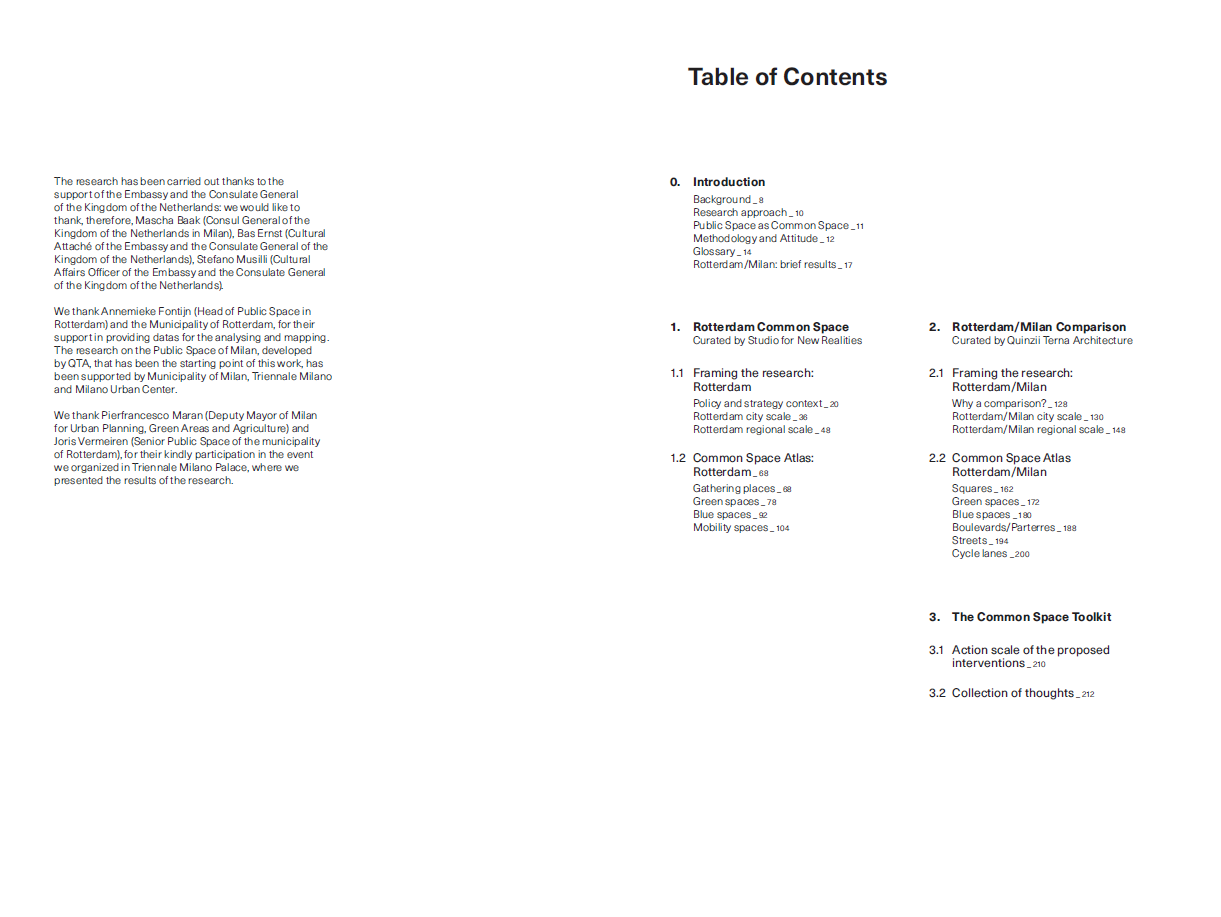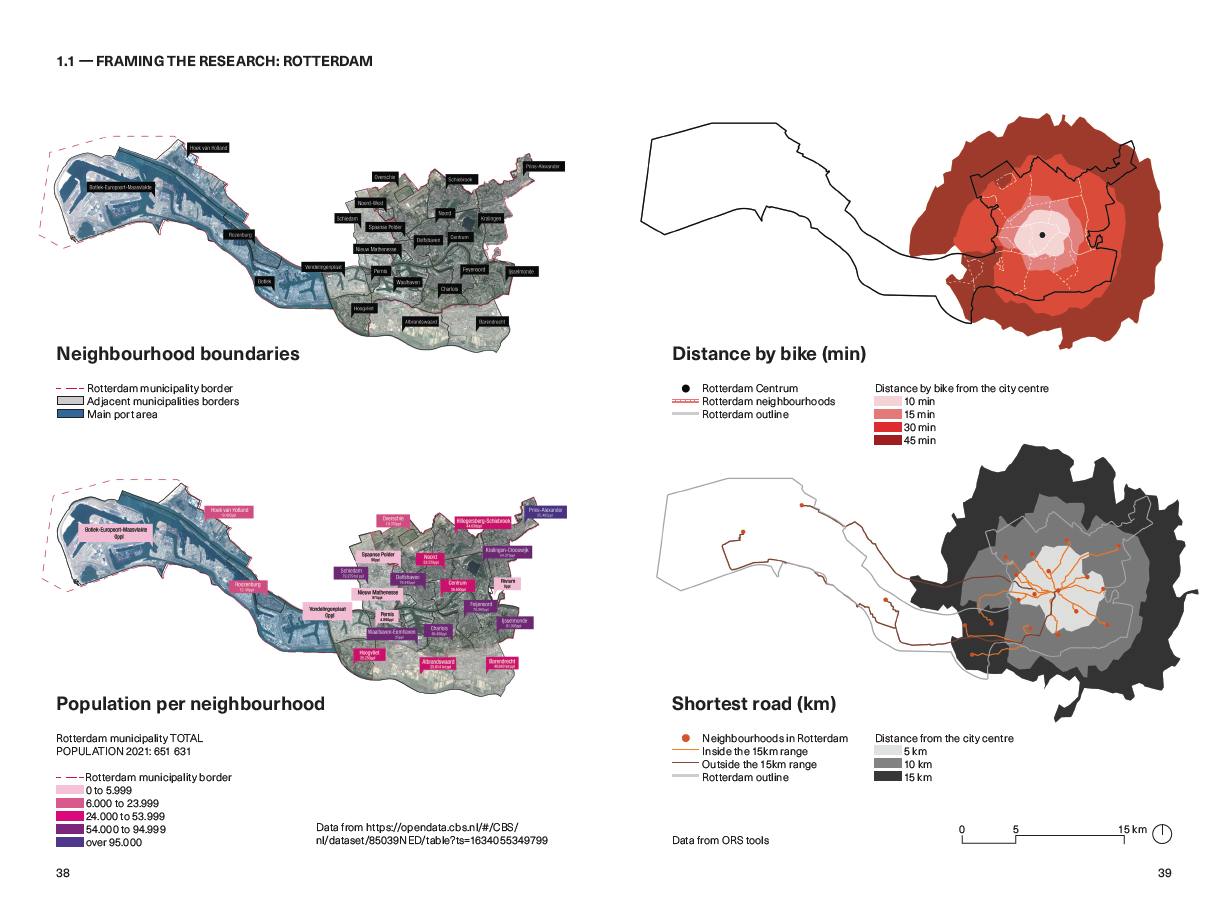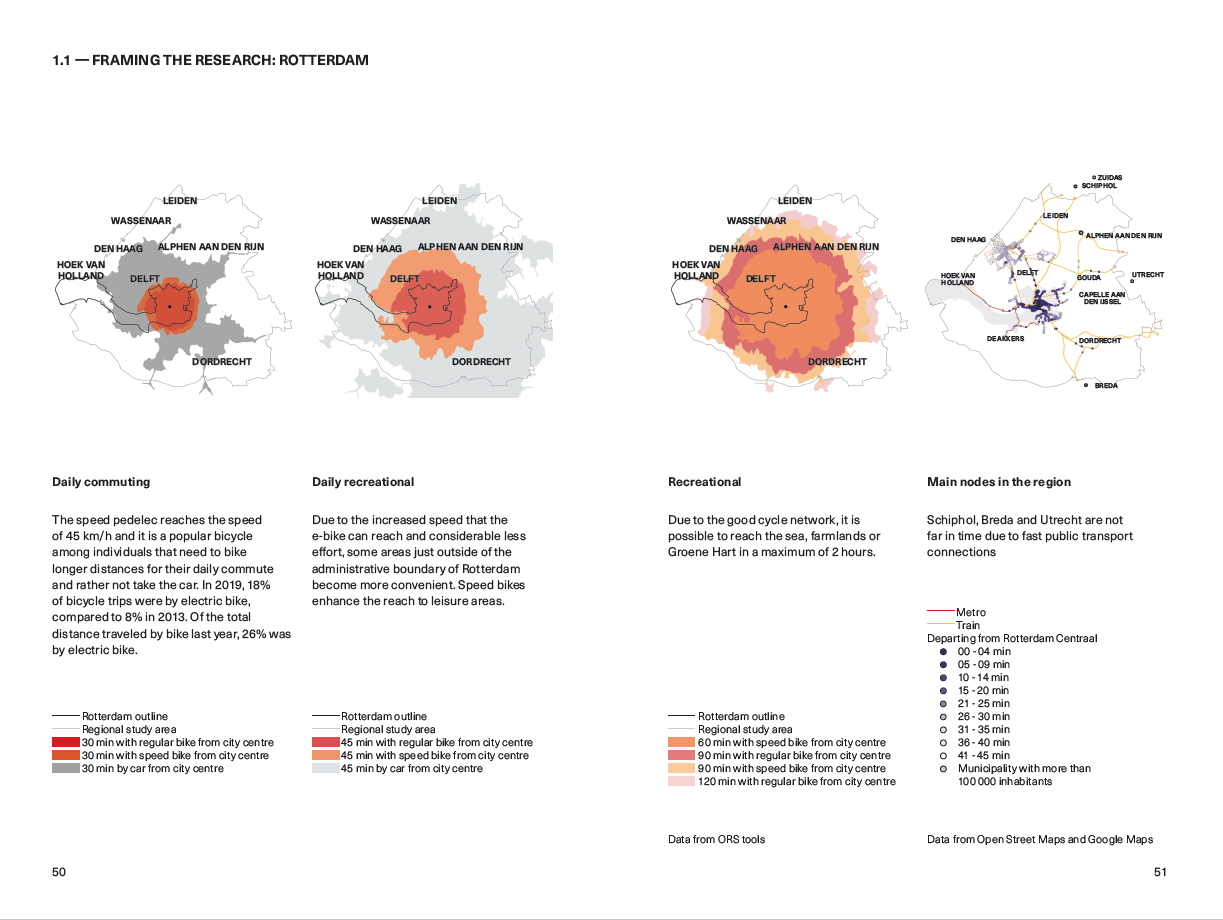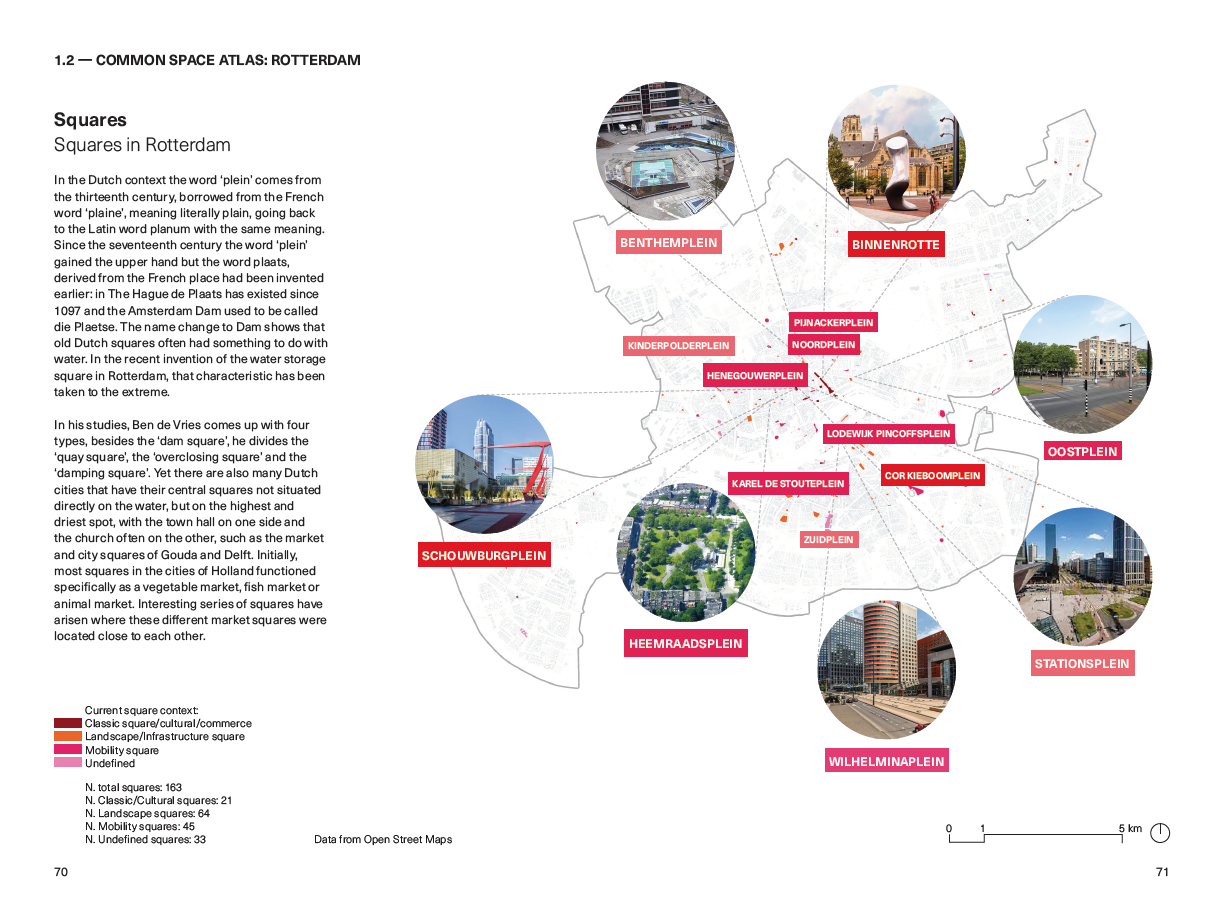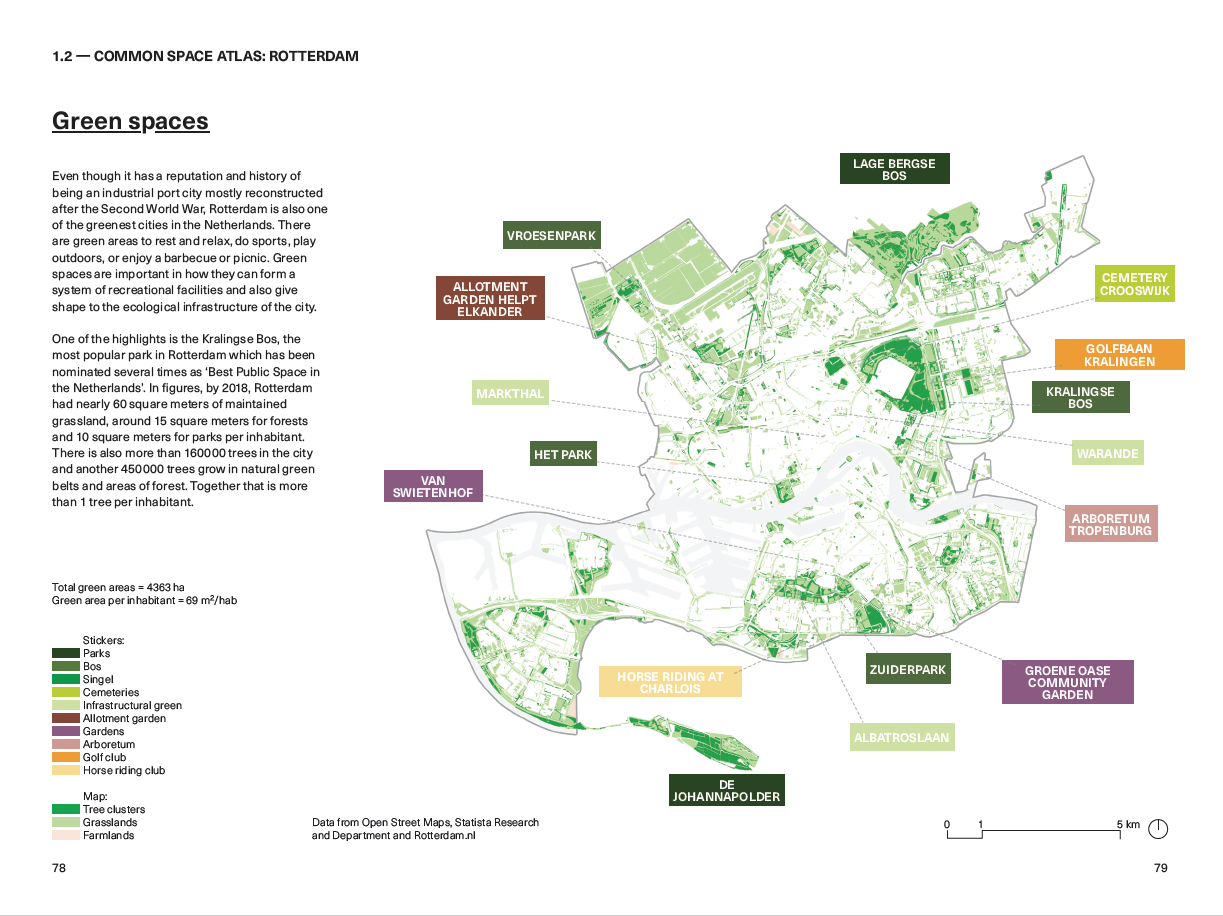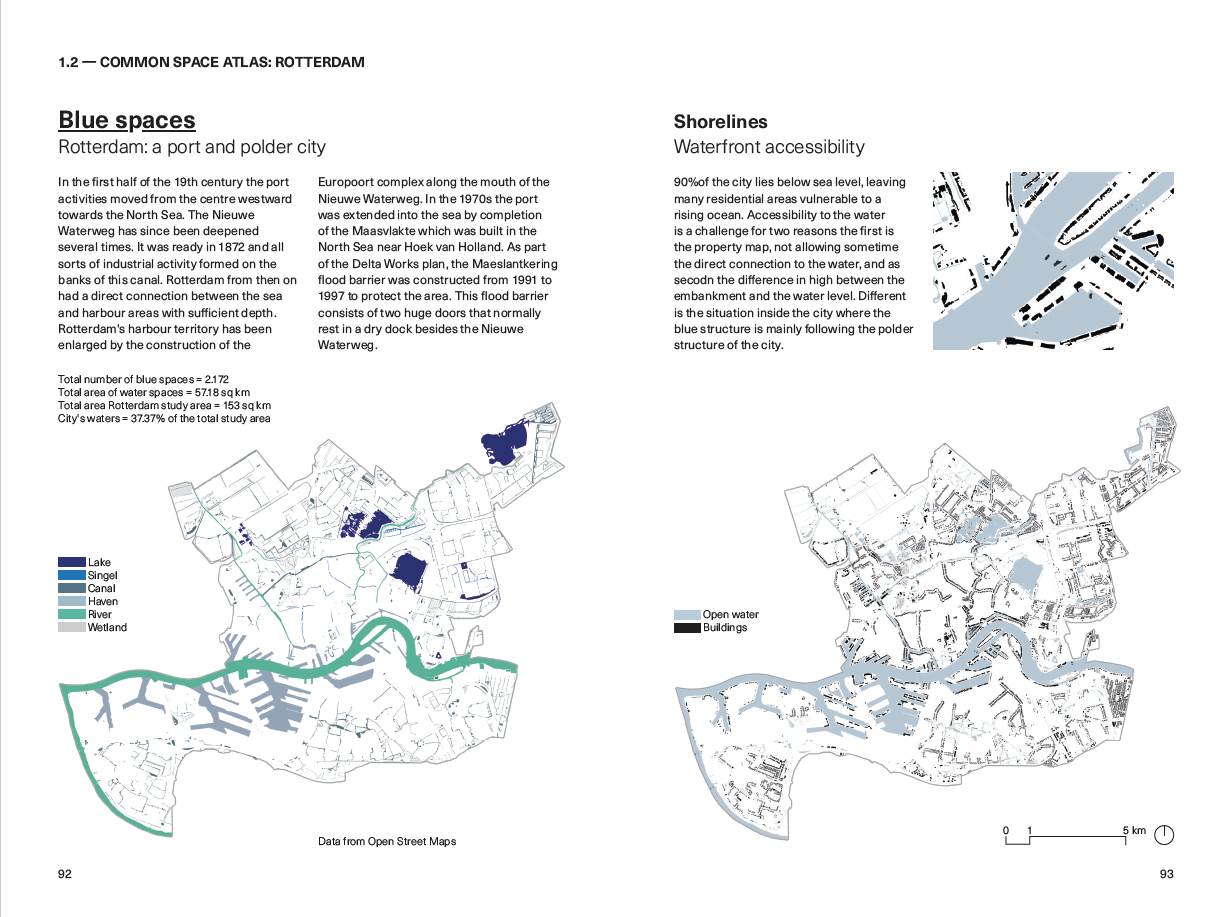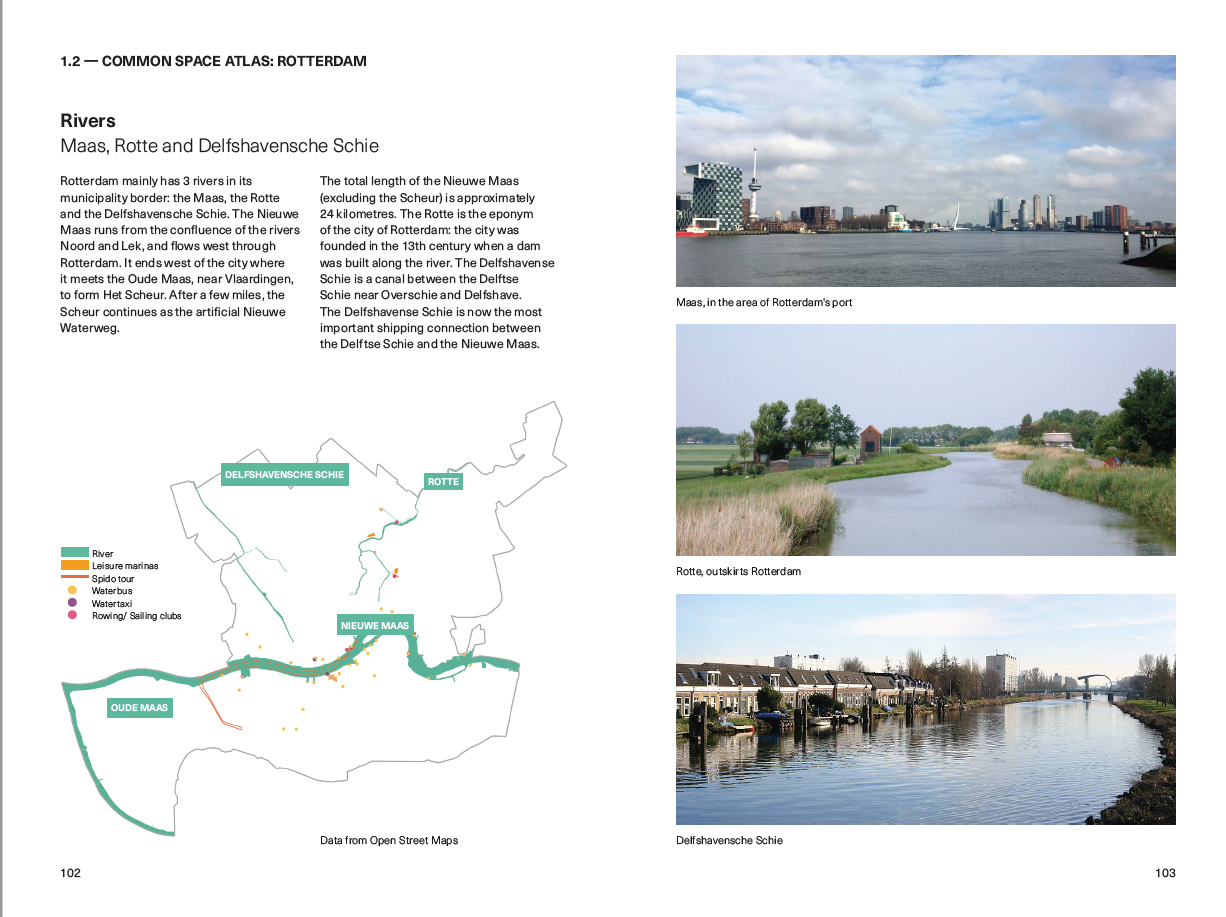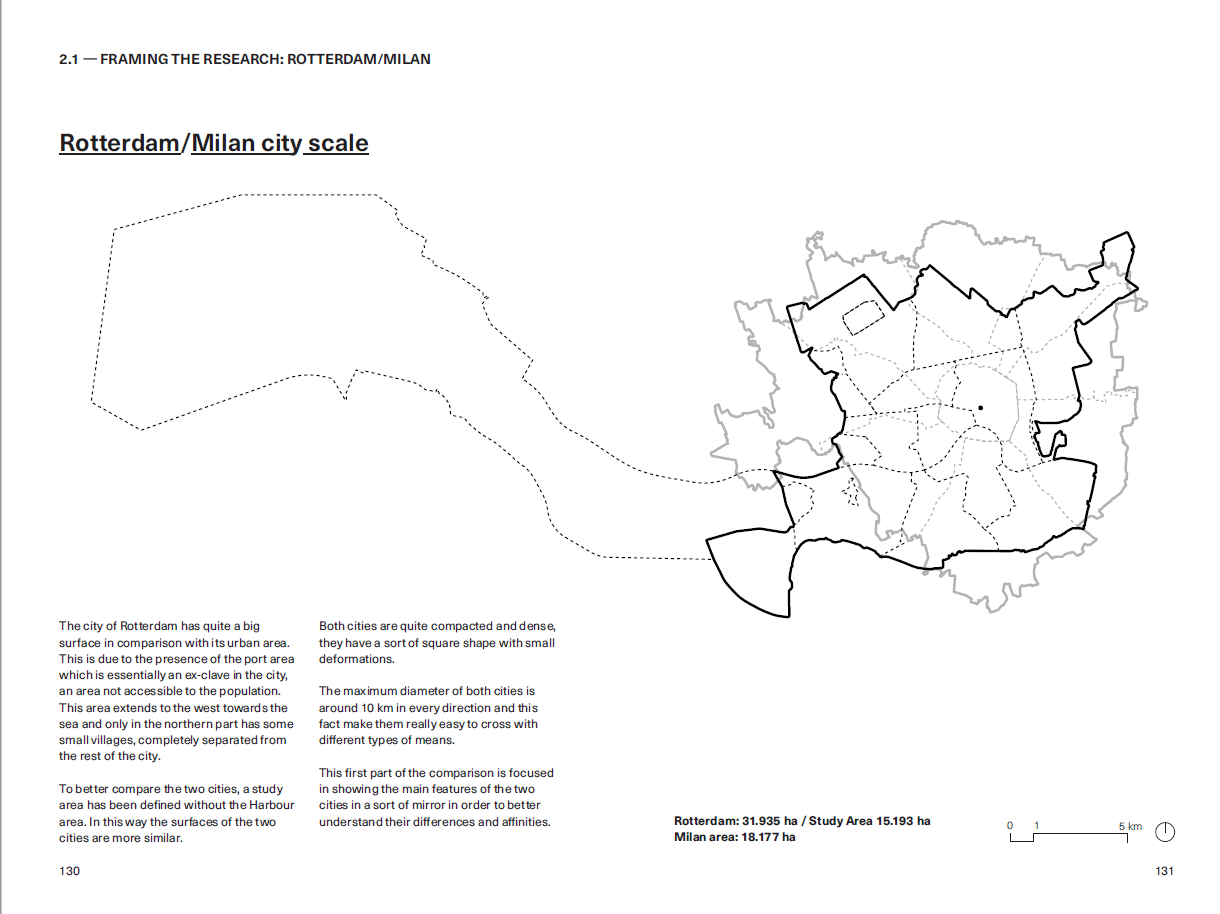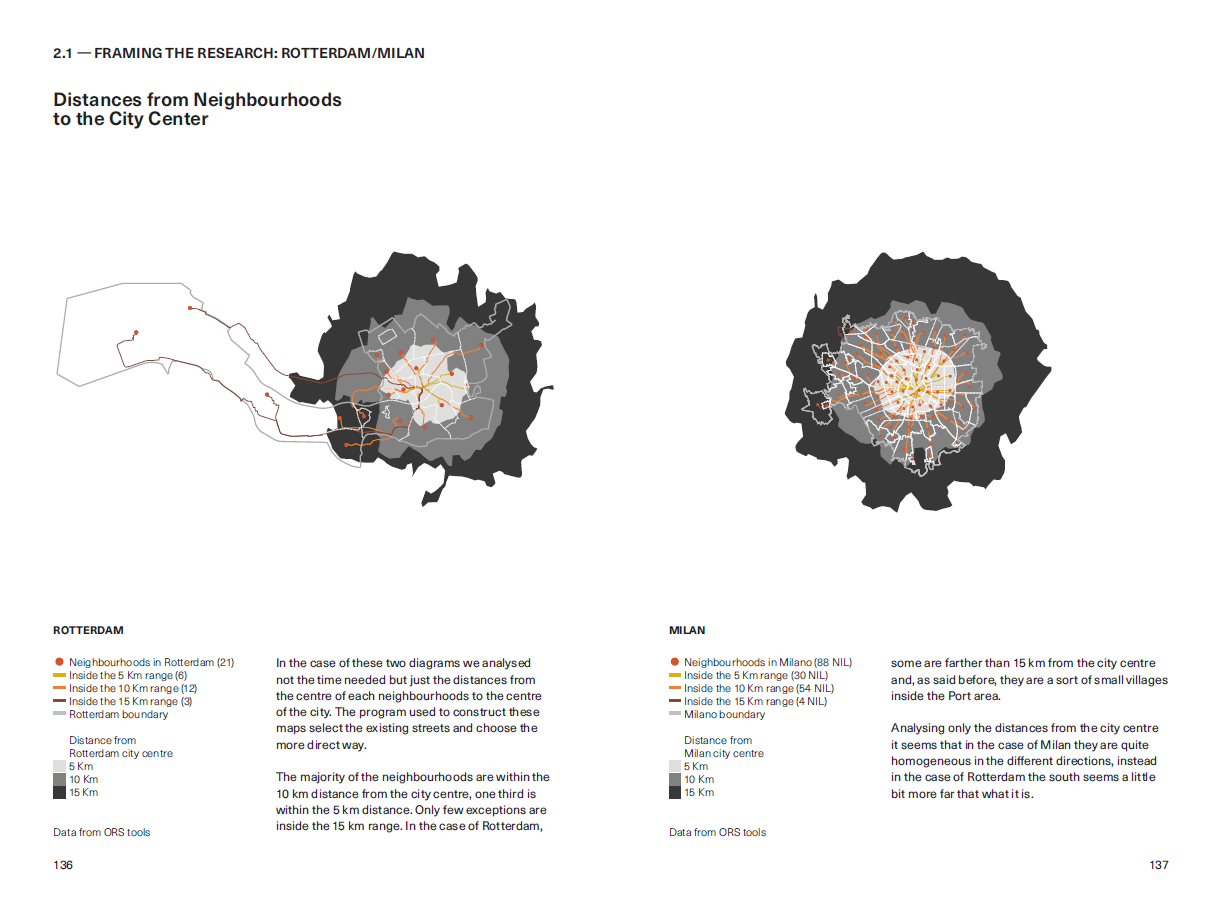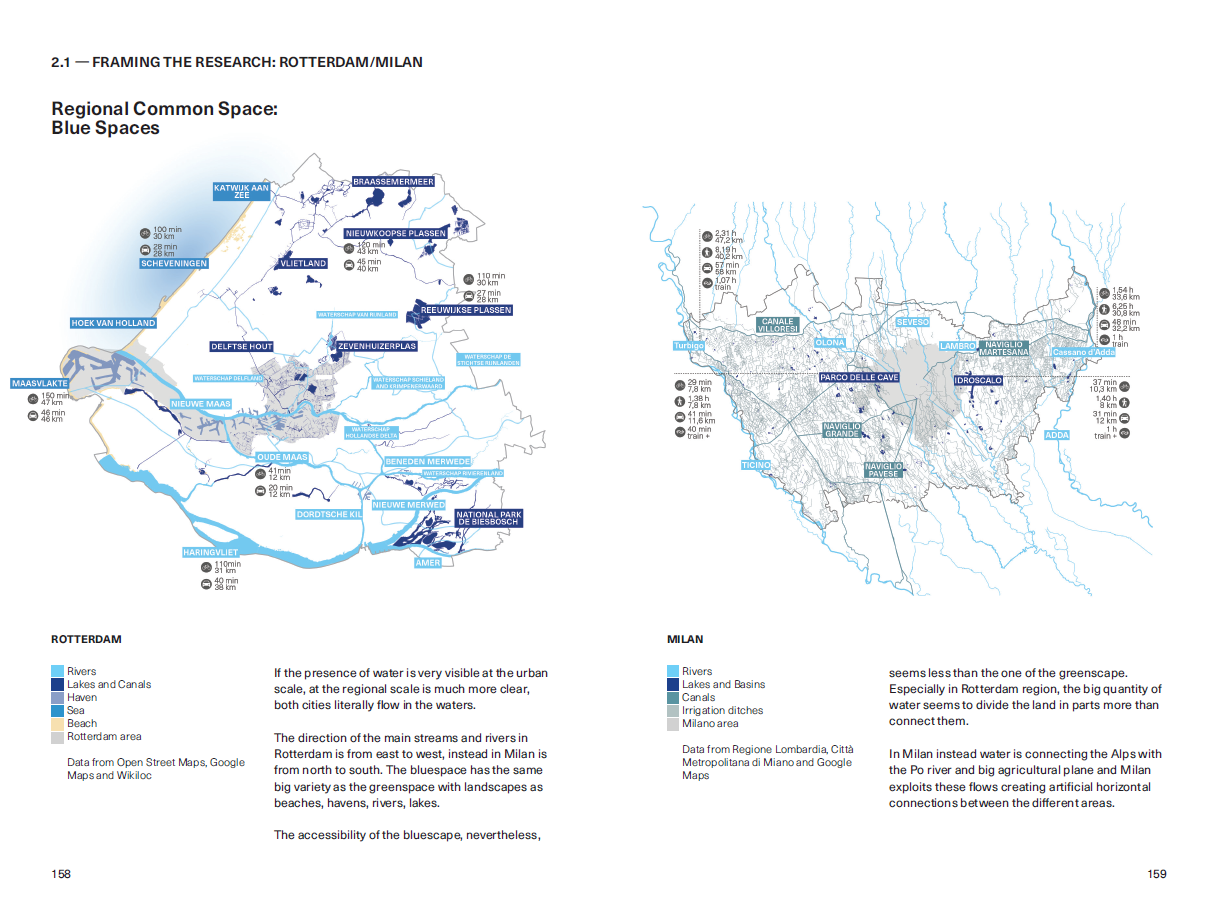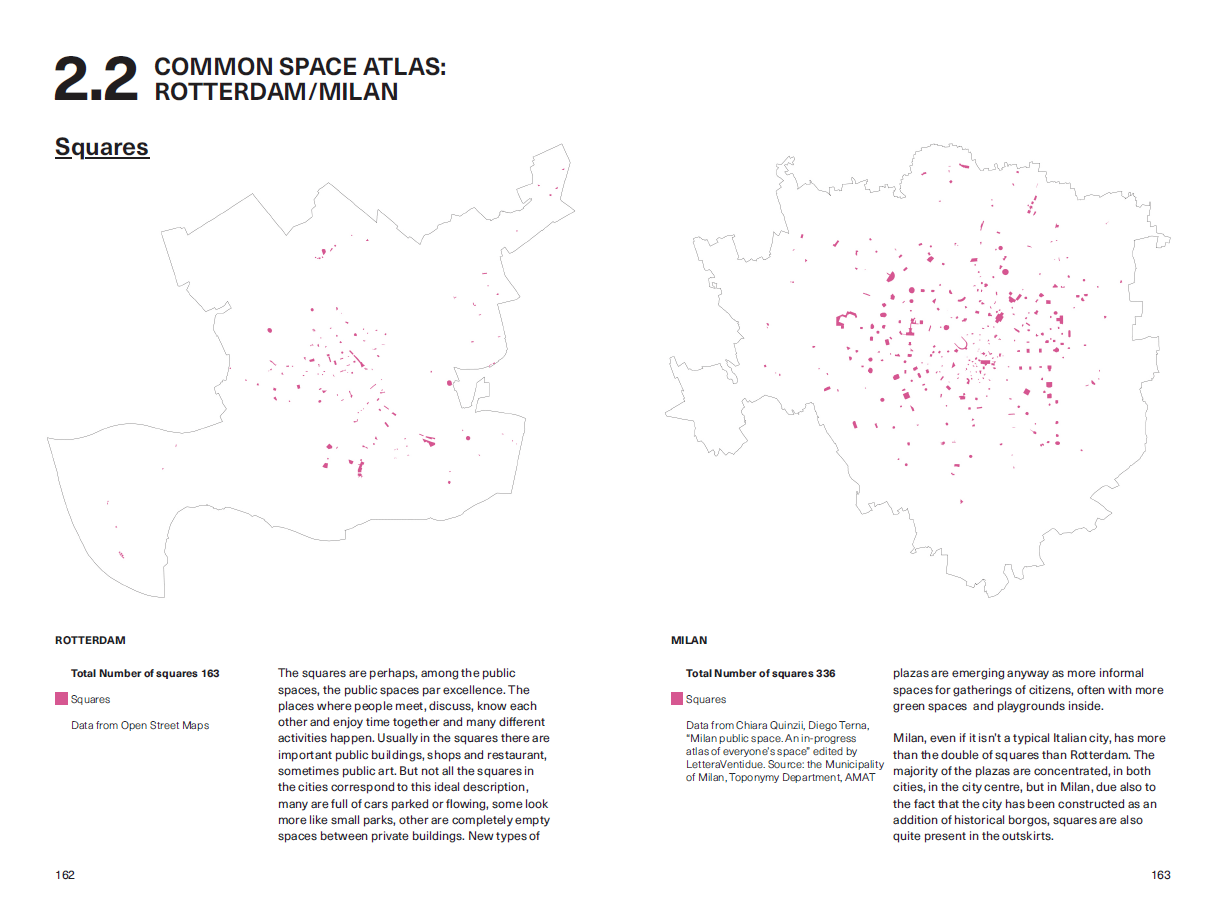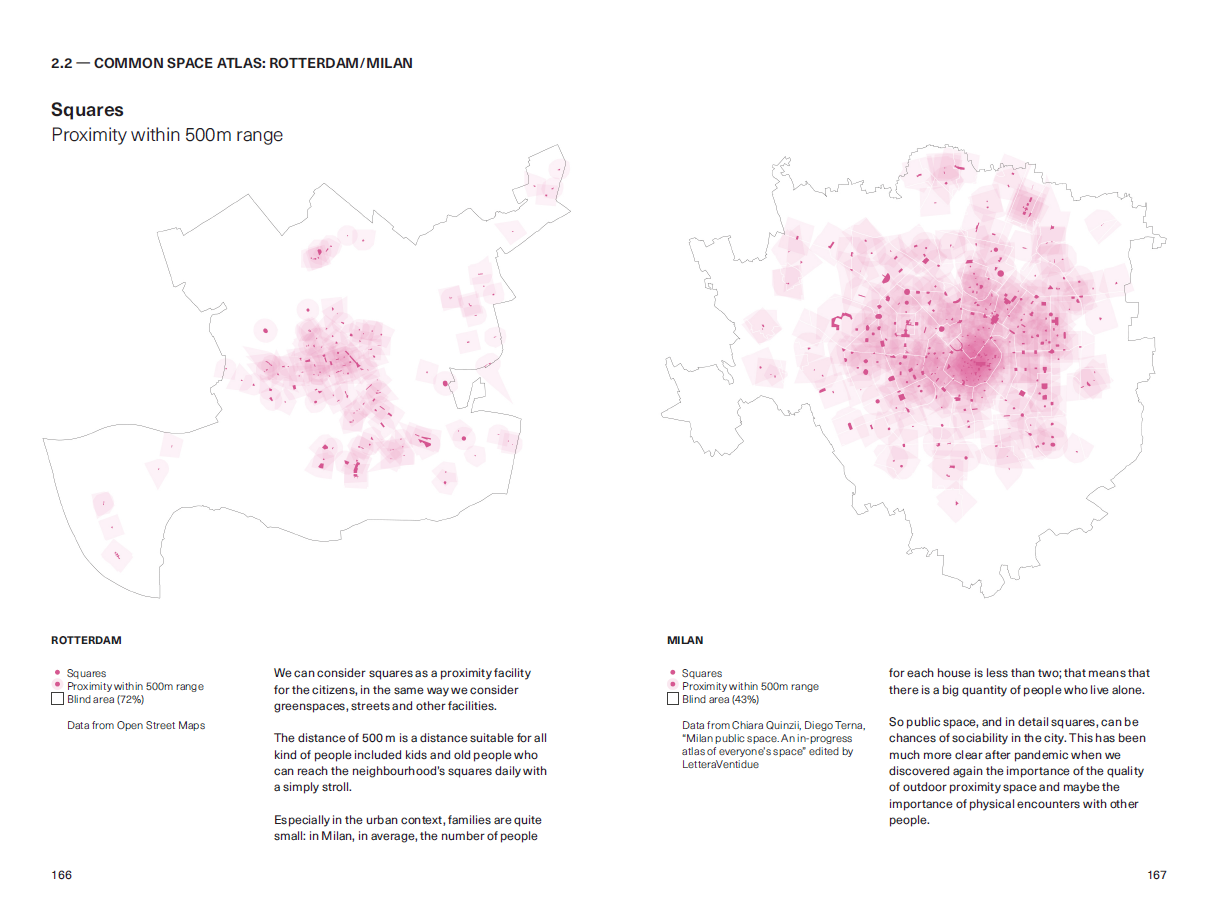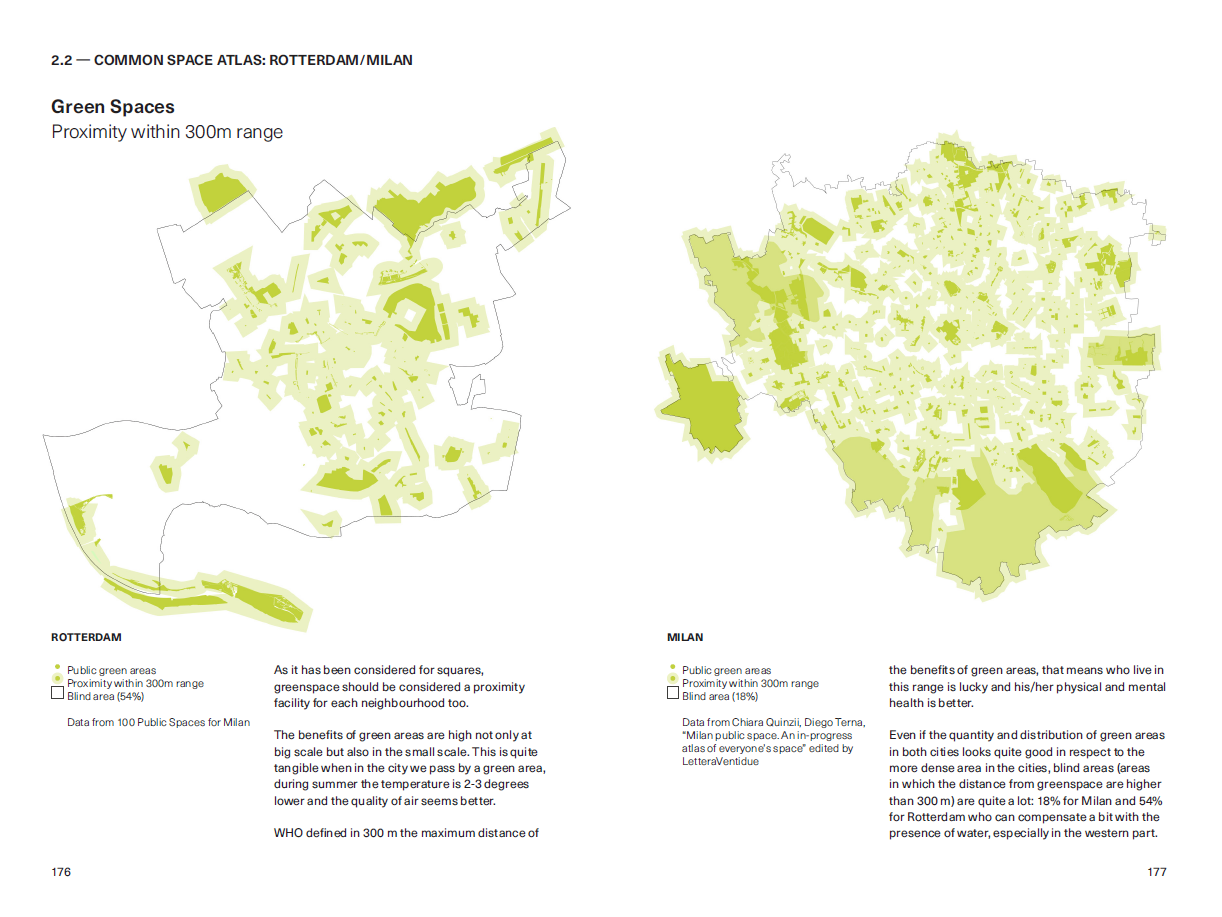Urban research funded by the Embassy and the Consulate General of the Kingdom of the Netherlands.
Milan, Italy – Rotterdam, The Netherlands, 2021
While the current pandemic and related crises underline the urgency, they are – importantly – not the driver, and should be considered as a catalyst for developments that were anyway happening or should anyway happen. Cities need to evolve towards more complete, responsible and pleasant places, accelerating solidarity. This requires a more holistic approach, which in the light of public space means consistency in connected spaces, supportive programming and materiality that literally gives shape to the desired symbiotic relationship between urbanity and ecology.
Everything comes together in the concept of viewing public space as collective usage space. This contrasts with the current situation in many European and global cities, which are sometimes struggling to raise the overall quality of their collective spaces. We want public space to evolve towards places with actual public value: public space as usage space.
The post-pandemic effects can be of help in this as the need for physical encounter and a strengthened local perspective are expected to remain. At the same time, the pandemic quarantine has encouraged citizens to actively contribute to the development of ‘their’ public space, as an element of personal and collective recognition. The need for an urban regeneration, capable of transforming the city’s functioning, is felt urgently. This gives a strong basis for next steps.
In this comparative research, the conception of public space as collective usage space is used to examine the current state of public space in both Milan and Rotterdam, in an effort to instigate a mind-shift towards a usage-driven reconsideration of these crucial shared spaces in our cities.
Credits
Authors:
Quinzii Terna Architecture and Studio for New Realities
QTA team: Chiara Quinzii, Diego Terna, Francesca Robustelli, Fabio Samele
SfNR team: Jeroen Zuidgeest, Francesca Rizzetto, Katerina Iglezaki, Hugo López Silva
Book design: Fabiano Cocozza

